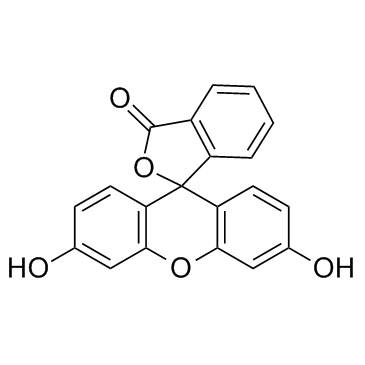| Structure | Name/CAS No. | Articles |
|---|---|---|
 |
Fluorescein
CAS:2321-07-5 |
|
 |
Retinoic acid
CAS:302-79-4 |
|
 |
Fibroblast Growthfactor, Basic
CAS:106096-93-9 |